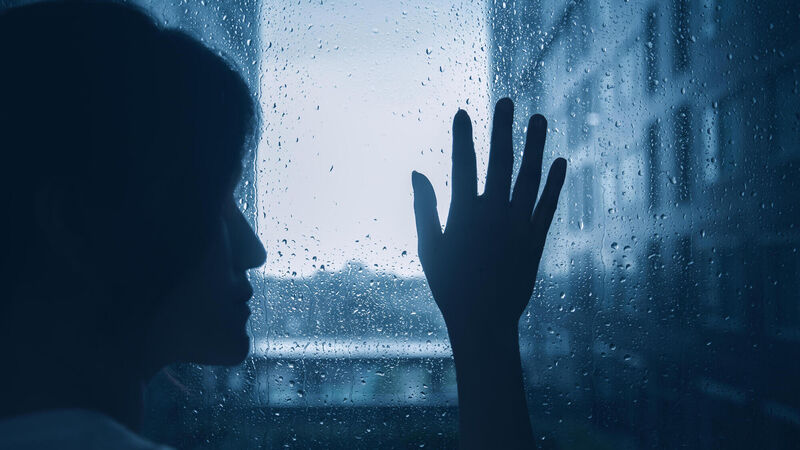A&E can be 'dehumanising' for people in suicide crisis

People with lived experience of suicide expressed frustration at services they felt “respond only in crisis” with a lack of preventative structures. Stock picture
People, staff, and organisations affected by suicide all agree that emergency departments (EDs) are “dehumanising and retraumatising” for individuals in a suicide crisis, according to a public consultation.
They said an alternative 24/7 system — such as therapeutic crisis centres — is “essential” to provide a proper service to people in a mental health crisis.










